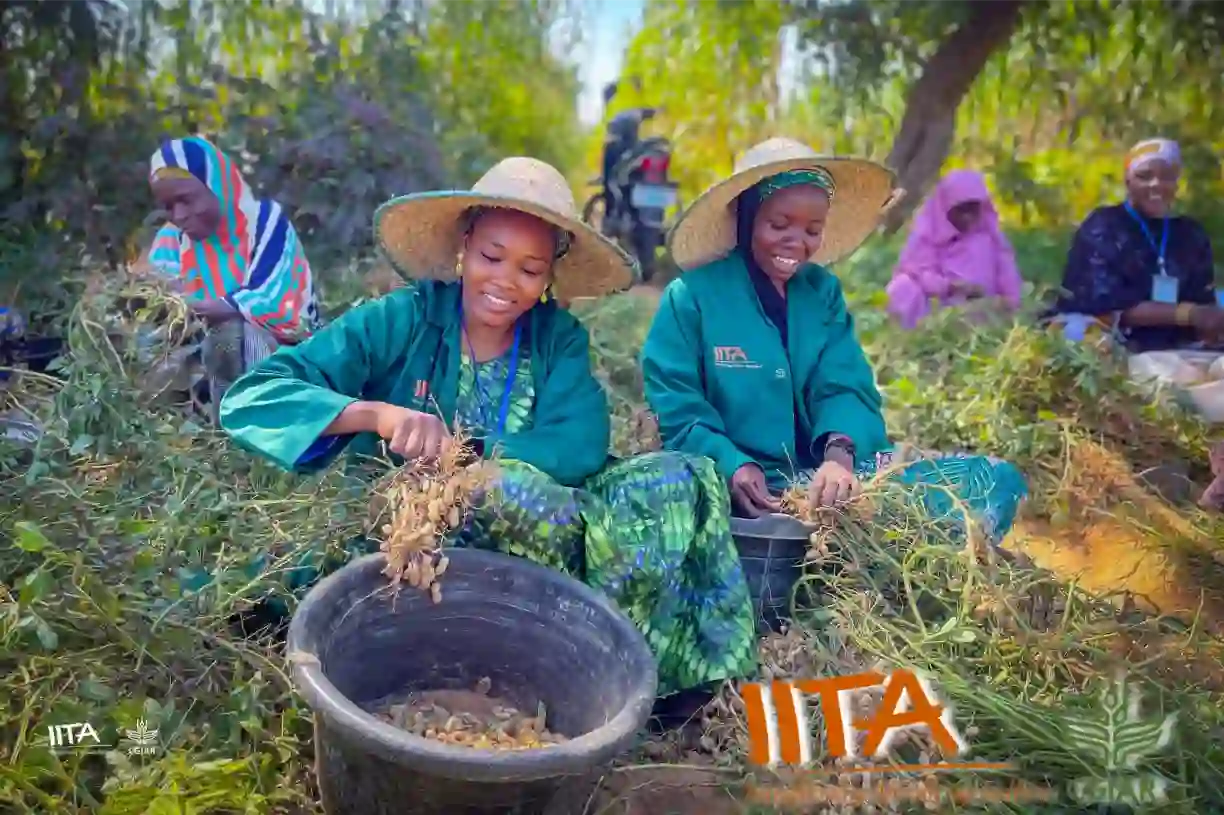The International Institute for Tropical Agriculture (IITA) has pledged to collaborate with the Federal Ministry of Agriculture and Food Security (FMAFS) to improve soil health and promote sustainable agricultural production in Nigeria.
Beatrice Aighewi, head of station at IITA Abuja, made this known during the launch of the Nigerian Farmers’ Soil Health Scheme (NFSHS). The initiative, she explained, is a comprehensive soil fertility management programme designed to promote sustainable land management, climate resilience, and regenerative agriculture practices.
According to her, the NFSHS will provide farmers with real-time insights into their soil conditions, enabling them to boost crop yields, reduce costs, and adopt smarter farming methods. She noted that IITA is working closely with the Federal Ministry of Agriculture and Food Security to identify effective ways to improve the country’s soil conditions for better food production.
Ms Aighewi also stated that the institute is currently hosting the ECOWAS Centre for Excellence and the Soil Laboratory in Ibadan. She described the laboratory as a “Regional Hub for Fertiliser and Soil Health for West Africa and the Sahel,” adding that it plays a vital role in supporting agricultural research, soil testing, and fertiliser innovation.
She explained that the collaboration reflects a major commitment between the Nigerian government and IITA to enhance soil fertility and promote sustainable food systems. The project aligns with national efforts to achieve food security, boost agricultural productivity, and ensure environmental sustainability.
Vincent Aduramigba, a visiting scientist at the Regional Hub for Fertiliser and Soil Health for West Africa and the Sahel, said the hub provides technical expertise, innovation, and collaboration to improve soil fertility and strengthen food security across the region.
He added that the hub is owned by ECOWAS, while IITA provides technical coordination on behalf of member countries. “IITA has been a strategic partner in the soil health scheme since its inception,” he said.
Speaking further, Mr Aduramigba disclosed that the federal government plans to establish 774 soil health laboratories nationwide to help rural farmers benefit from soil testing and management services. He noted that this initiative would help farmers achieve higher yields, better-quality crops, and sustainable livelihoods.
Also, Jubril Mohammed Jubril, president of the Soil Science Society of Nigeria, emphasized that “soil is the basis of agriculture,” explaining that healthy soil is essential for both crop and livestock production. He said the NFSHS would guide farmers and fertiliser companies in producing the right fertilisers for specific regions in Nigeria.

